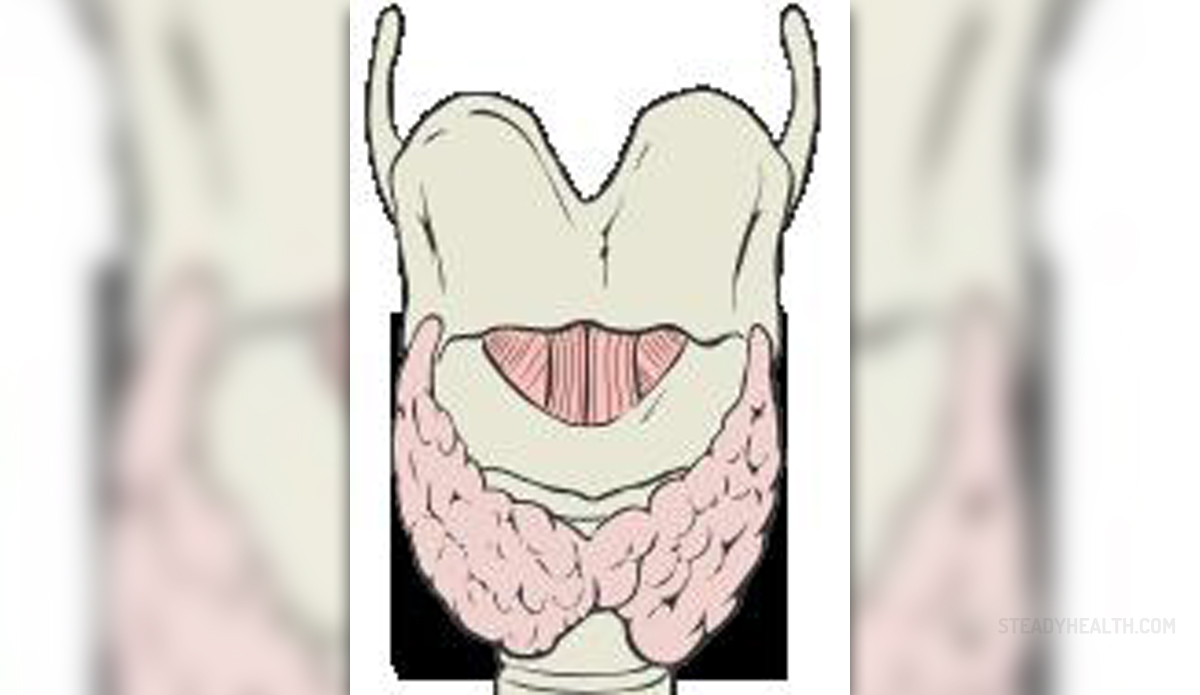
Grave's disease is one of many autoimmune diseases. It affects the thyroid gland and is characterized by overactivity of the gland i.e. excessive production of thyroid hormones T3 and T4. The excess of thyroid hormones is known as thyrotoxicity.
This medical condition can have major impact on different organs and organ systems including the nervous system, eyes, skin and its appendages, digestive system, lungs, reproductive and musculoskeletal system.Grave's Disease: Causes and Risk factors
This is an autoimmune disease. Therefore, it is not possible to identify the underlying cause of the illness. The condition is frequently reported in women, especially those between the age of 20 and 40. Some believe that Grave's disease develops as a consequence of some infections or it is caused by physical/emotional stress.
What is confirmed is that the condition runs in families. So there is a familiar tendency of developing Grave's disease. Patient's body produces specific autoantibodies that attach to receptors of the thyroid cells and stimulate overproduction of thyroid hormones.
Grave's Disease: Clinical Characteristics
Symptoms of Grave's disease are closely connected to overproduction of the thyroid gland. The gland remains normal or is sometimes enlarged (goiter). Such patients are typically nervous, sweat a lot, lose weight in spite of consuming plenty of food and they simply cannot tolerate heat. Diarrhea, tremor, palpitations and exophthalmos (protrusion of the eyeballs from the eye sockets) are several more characteristics of the disease.
Additional health issues Grave's disease may induce are weakness, shortness of breath, pretibial myxedema, double vision, increased eye tearing and muscle wasting. Women have abnormal menstrual periods while men may develop gynecomastia. Finally, both genders may experience increased hair loss, diminished sex drive and have brittle nails.
Left untreated, Grave's disease can easily progress into thyroid storm, a life-threatening condition characterized by failure of different organs (most commonly the heart, kidney or liver).
Grave's Disease: Treatment
Treatment includes medications, radioactive iodine therapy and surgery. MedicationsPatients may be prescribed medications that successfully inhibit production of thyroid hormones. These include methimazole and propylthiouracil. Side effects of such treatment are drowsiness and minor lethargy, sometimes agranulocytosis. Patients who have to deal with rapid heart rate are additionally administered a beta blocker.Radioactive Iodine TherapyRadioactive iodine therapy is engaged in case medications fail to control thyroid hormone production. Radioactive iodine is administered in a from of a capsule. After being ingested and absorbed, iodine gets transferred into the thyroid gland and initiates partial destruction of the gland. This way production of thyroid hormones reduces.SurgerySurgery is the last resort for patients suffering from Grave's disease. Surgeons opt for partial or complete removal of the gland. This approach is generally recommended in people with a large goiter and if there is a chronic relapse in spite of drug therapy.













-In-Infants-And-Older-Children_f_280x120.jpg)



Your thoughts on this
Loading...